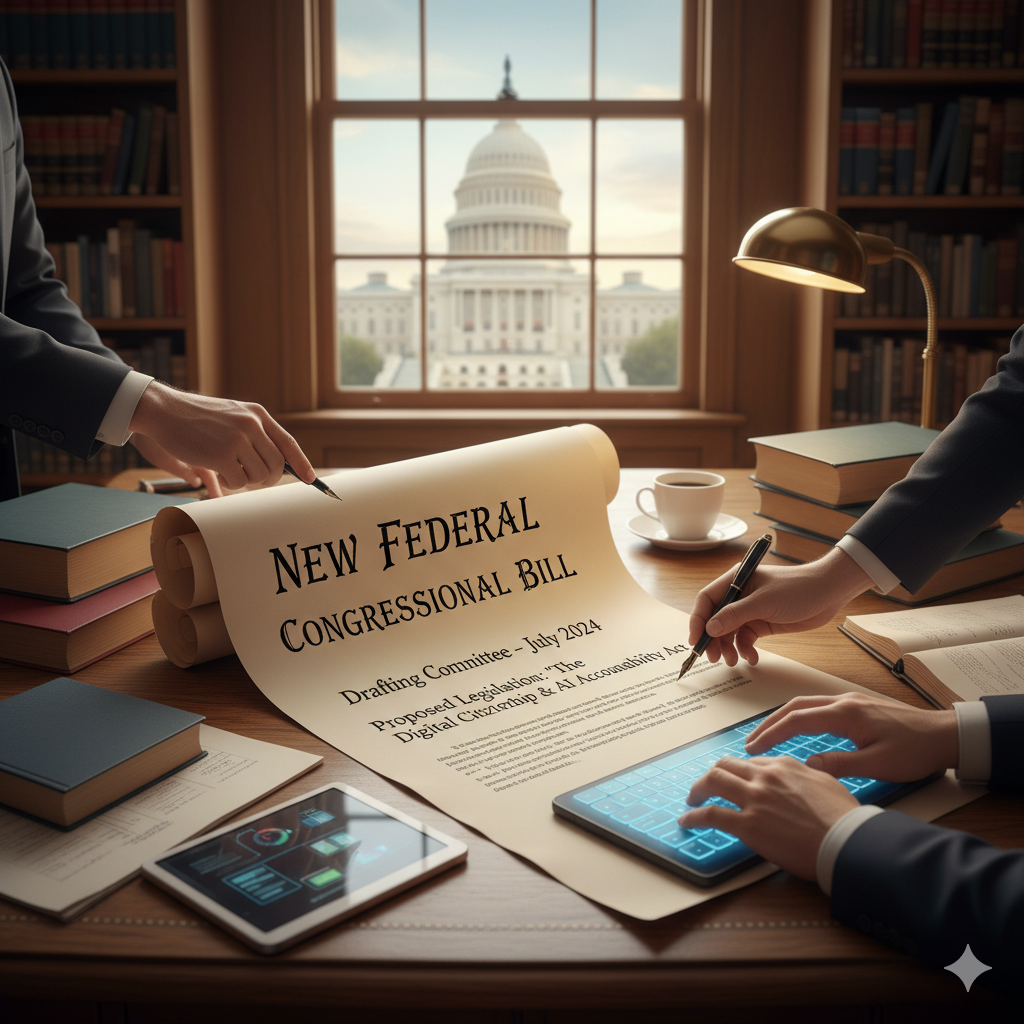Congressional Bills
Federal Bill
The proposed legislation aims to provide a second chance for individuals with nonviolent felony convictions by establishing an automatic expungement process after five years of completing their sentence. This bill addresses the long-term barriers that criminal records create—such as limited access to employment, housing, and education—by ensuring that eligible individuals can reintegrate into society without the stigma of past convictions.
Key Features:
Applies to nonviolent federal offenses only.
Expungement occurs automatically after five years of a clean record post-sentence.
Maintains limited nonpublic records for law enforcement purposes.
Promotes public safety, economic growth, and fairness by reducing recidivism and supporting rehabilitation.
Purpose:
To break the cycle of incarceration, reduce systemic barriers, and strengthen communities by giving people who have paid their debt to society a genuine opportunity for a fresh start.
State Bills
The Indiana Second Chance Employment Act and the Maryland Clean Slate Initiative share a common goal: to reduce recidivism and promote successful reintegration by removing barriers created by criminal records. Both bills establish automatic expungement processes for eligible nonviolent felony convictions after a defined period of law-abiding behavior—five years in Indiana and a similar timeframe in Maryland—without requiring individuals to petition the court.
These measures aim to:
Eliminate employment and housing barriers caused by public criminal records.
Support rehabilitation and recovery through access to mental health and substance abuse services.
Strengthen communities by improving economic opportunities and reducing repeat offenses.
By giving individuals who have paid their debt to society a genuine second chance, these bills foster fairness, public safety, and economic growth.



